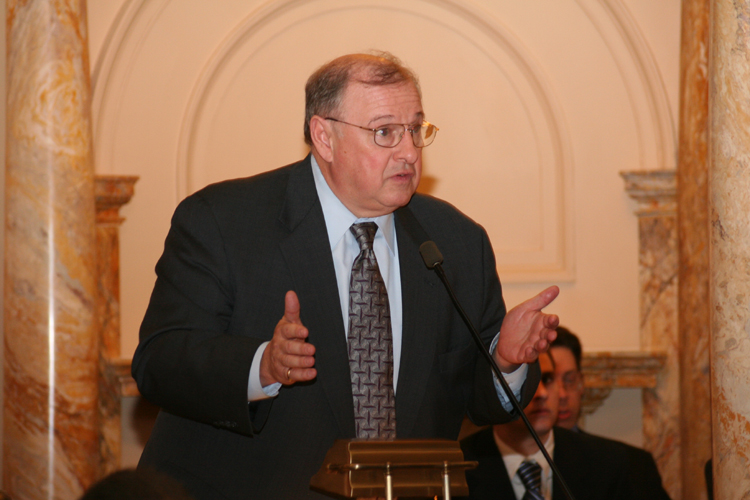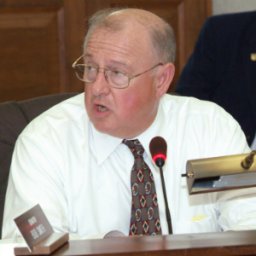
Legislation sponsored by Senate Environment and Energy Committee Chairman Bob Smith that would ask voters to provide long-term, stable funding for open space projects including the state flood-buyout program was approved today by the Senate Budget and Appropriations Committee.
“New Jersey is the most densely-populated state in the nation, so a concerted effort to ensure that open space is set aside for public recreation and enjoyment, such as parks and forests, is essential, particularly in our urban centers and suburban communities,” said Senator Smith, D-Middlesex. “Obviously money is a concern for the state, particularly as we face a massive budget shortfall this year, and taxpayers are struggling to make ends meet, so using an existing funding source is the best option to provide this much-needed funding. We have come up with a solution that provides this much-needed funding using an existing funding source.”
The constitutional amendment, a committee substitute for SCR-84, would shift an already dedicated earmark of the Corporation Business Tax (CBT) revenue to include funding for open space projects such as Green and Blue Acres, historic and farmland preservation projects. Starting in fiscal year 2016, most of the existing four percent earmark of the CBT revenue would go towards these programs. In fiscal year 2020, the earmark would increase to six percent of all CBT revenue.
Under a current constitutional provision, four percent of the state’s CBT revenue goes toward the state’s Brownfield program, financing water quality programs, grants and loans for underground storage tank removal, and the remediation of hazardous substances. Under the provisions of the bill, these programs would still receive funding through this earmark, but at a lesser rate.
Open space funding goes to acquiring and developing lands for recreation and conservation purposes, preserving farmland and funding historic preservation and Blue Acres projects. According to the New Jersey Department of Environmental Protection, to date more than 1.2 million acres of land have been preserved through this funding.
This constitutional dedication would also provide sustained funding for the state’s Blue Acres program, a willing-seller program that buys flood-prone land and land that buffers or protects other lands from storm damage.
“Hurricane Sandy opened our eyes to the need for real, sustained funding to assist homeowners in buying out flood-prone properties. Homes that were built 30, 50 or 100 years ago may have never seen the type of destruction that recent storm systems have caused and now homeowners are continually cleaning up post-flooding. These properties can easily be converted into parks and storm buffers that will greatly benefit the community and many residents are interested in selling. We just need the money to purchase them,” said Senator Smith
The state received $300 million in one-shot federal funds to buy-out flood-prone homes post Sandy, and as of February had more than 1,235 homeowners apply for the program. Senator Smith notes that while this funding is a great option to buy property that saw severe damage and destruction during Hurricane Sandy, it does not solve the state’s Blue Acres funding problems long-term.
In the past, New Jersey voters have funded open space projects through bond acts, approving them by large margins 13 times since 1961. Most recently, New Jersey voters in 2009 approved a $400 million bond act, all of which has now been appropriated. According to the Senator, with this constitutional dedication, open space funding would be at a significantly lower level than had been previously allocated, but given that there is no longer any funding available for open space, this amendment would represent a significant and sustained new effort to preserve open space. A decade ago, New Jersey spent roughly $200 million per year in funding for open space projects. With this constitutional dedication, there will about $71 million in open space funding next year, and starting in fiscal year 2020, roughly $117 million will be set aside towards open space, farmland and historic preservation programs.
The bill now heads to the full Senate for consideration.




